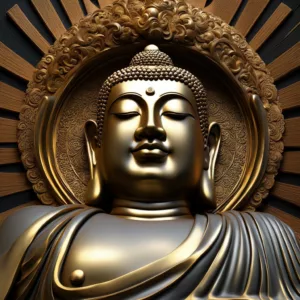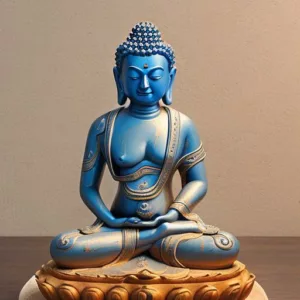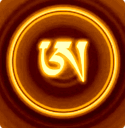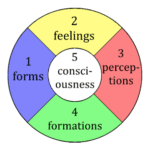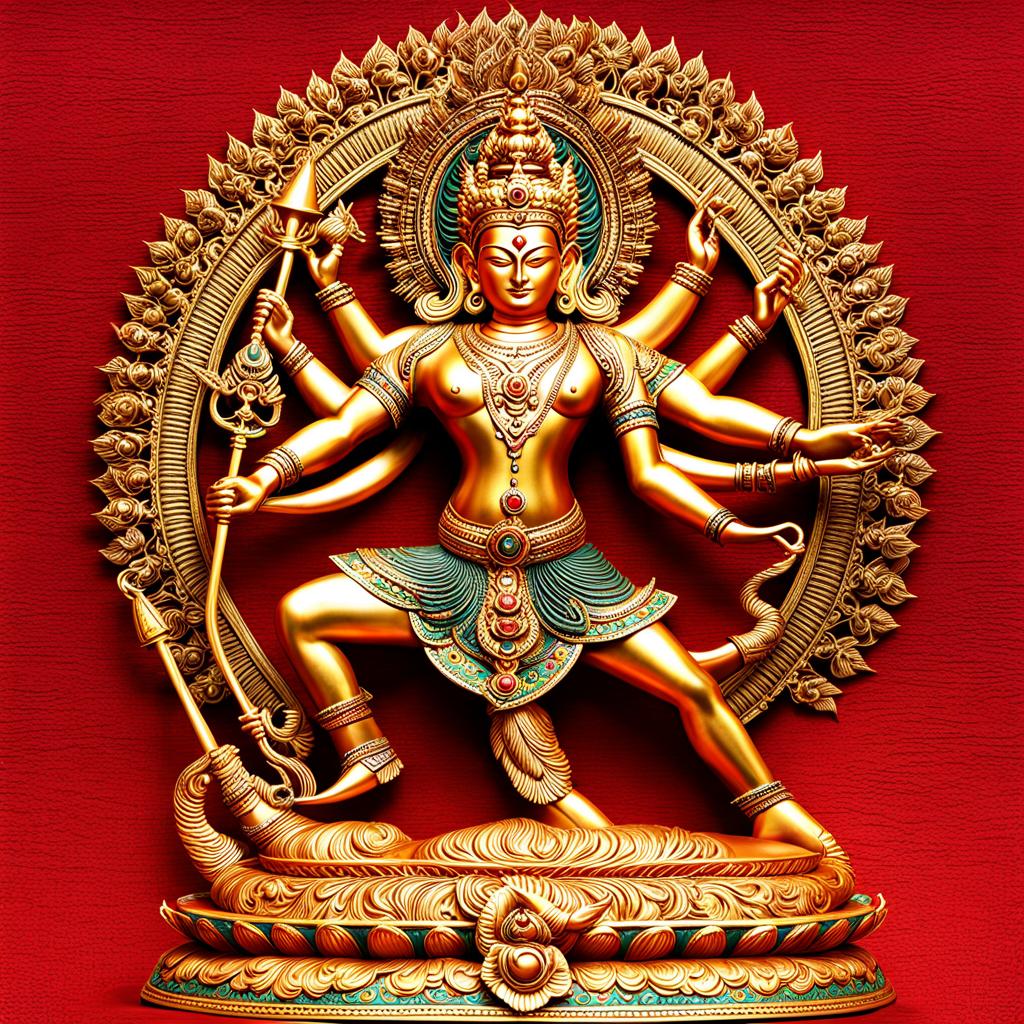
The yidam is a meditation deity in Tibetan Buddhism specifically conferring the esoteric siddhis or powers of meditation. Yidams can be male or female. They represent the deepest virtues and enlightened qualities of the native state, the essence of all beings.
My understanding and experience: obviously, we need to meditate intensively on the yidam. I find holding the form is the most difficult, but when attained, the yidam, firstly, generates stability in meditation. Secondly, with a sort of settled effort, clarity arises for me. Finally, I feel a sense of power over my mind. I am in control.
Beyond this are arisings of virtue, purification of karmic obstacles, overcoming wrong view, and experiencing reality directly. Rapid progress in binding the mind to wisdom is the deity’s specialty.
Secrets of Meditation for Anxiety
Like millions of people, you may have suffered from anxiety for years. Meditation, yoga, peaceful music – it never works. It takes too long, and it’s not stable. Why? Because peace is treated as a cause for freedom, but it’s not – it’s the result. The cause to free yourself from anxiety is completely different.
Click now to Overcome Anxiety for good.
Table of Contents
Yidam Summary
| Property | Description |
|---|---|
| Central Node | Yidam (Tibetan: གནོད་སྡེ, Wylie: gnod sde) |
| Definition | A meditational deity in Tibetan Buddhism, seen as a powerful and enlightened being. |
| Related Concepts | * Tantric Buddhism (Vajrayana) * Buddhas, Bodhisattvas, Wrathful Deities * Mandala (sacred geometric representation) |
| Practices | * Yidam Sadhana (meditation practice) * Offerings (showing respect and gratitude) |
| Significance | * Powerful ally on the path to enlightenment * Develops compassion, wisdom, inner strength * Transforms negative emotions |
| Choosing a Yidam | Done under guidance of a qualified Vajrayana teacher based on individual needs. |
| Additional Notes | * Advanced practice requiring initiation from a qualified teacher. * Vast number of Yidams with unique iconography, symbolism, and practices. |
How to meditate like a yogi
and enter profound samadhi
3 roots of Vajrayana
The 3 roots are Guru (root of blessings), Yidam (root of Siddhi, or powers), and Protector (root of Action).
Yidam Sanskrit Equivalent
The Sanskrit term most commonly associated with the concept of a Yidam is Iṣṭadevatā (इष्टदेवता).
- Iṣṭa (इष्ट): desired, liked, revered
- Devata (देवता): deity, divine being
While Yidam is the specific term used in Tibetan Buddhism for a meditational deity, Iṣṭadevatā in Sanskrit texts refers to a more general concept of a chosen personal deity for worship or meditation. The focus in Iṣṭadevatā practice can vary depending on the tradition, but it often involves cultivating a relationship with a particular deity to receive blessings, guidance, or embody specific qualities.
Here’s a table summarizing the key points:
| Feature | Yidam (Tibetan Buddhism) | Iṣṭadevatā (Sanskrit) |
|---|---|---|
| Term | Specific | More General |
| Tradition | Vajrayana (Tibetan Buddhism) | Various Hindu and Buddhist traditions |
| Focus | Powerful enlightened being for meditation and practice | Chosen deity for worship or meditation |



Yidam Meditation
Yidam meditation, also called Deity Yoga, consists of a multi-part ritual. The key elements are
- Taking Refuge / Arousing bodhicitta
- Dissolution of ordinary body (usually)
- Arising
- Seat (Lotus, sun/ moon/corpse)
- Seed syllable
- Form of Deity
- Hand implements
- Accouterments
- Consort
- Offerings and praise
- Inner visualization elements
- Mantra recitation
- Specific ritual activity for that practice
- Dissolution (Sampanakrama)
- Re-arising
- Dedication of merit
- Optional elements
- Feast (done on special days and in retreat)
- Long-life practice
- Four karmas practices
- Fire Offerings
Samaya / dam tsig
Samaya or dam tsig is the sacred vow of the Vajrayana. It has both general and specific forms. The general form is to not violate the 14 root and 8 branch downfalls. This means essentially acknowledging the enlightened nature of all beings constantly.
The specific samayas relate to individual yidams and can vary from deity to deity. The dam tsig means to ‘bind the mind.’ The mindstream is bound to its own wisdom or enlightened nature.

May all beings be happy
May all beings be peaceful
May all beings be safe
May all beings awaken to the light of their true nature
May all beings be free

